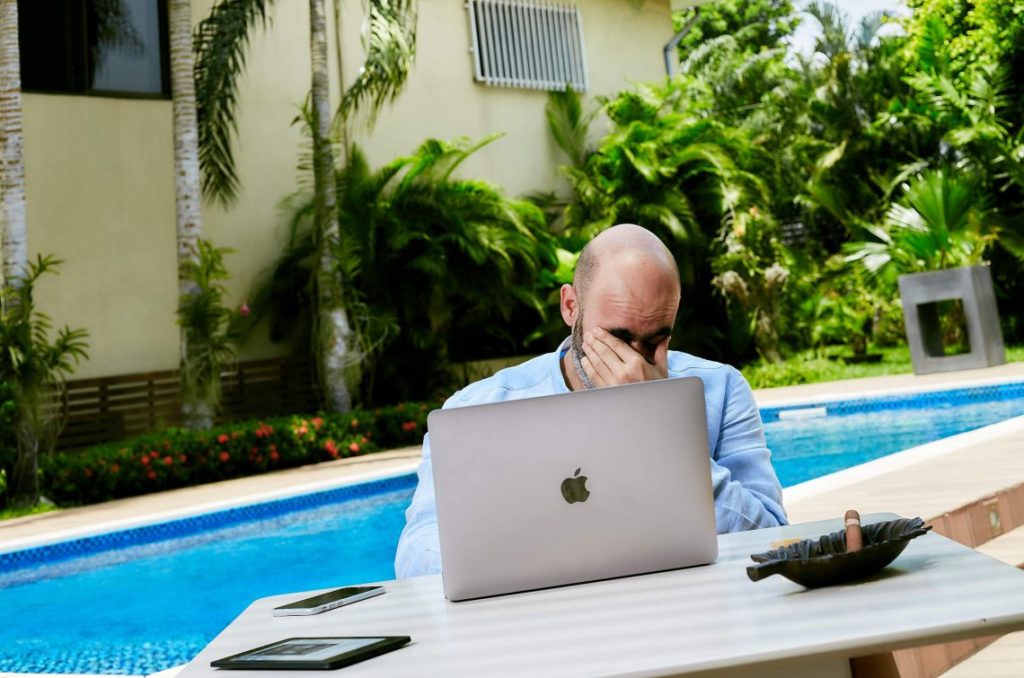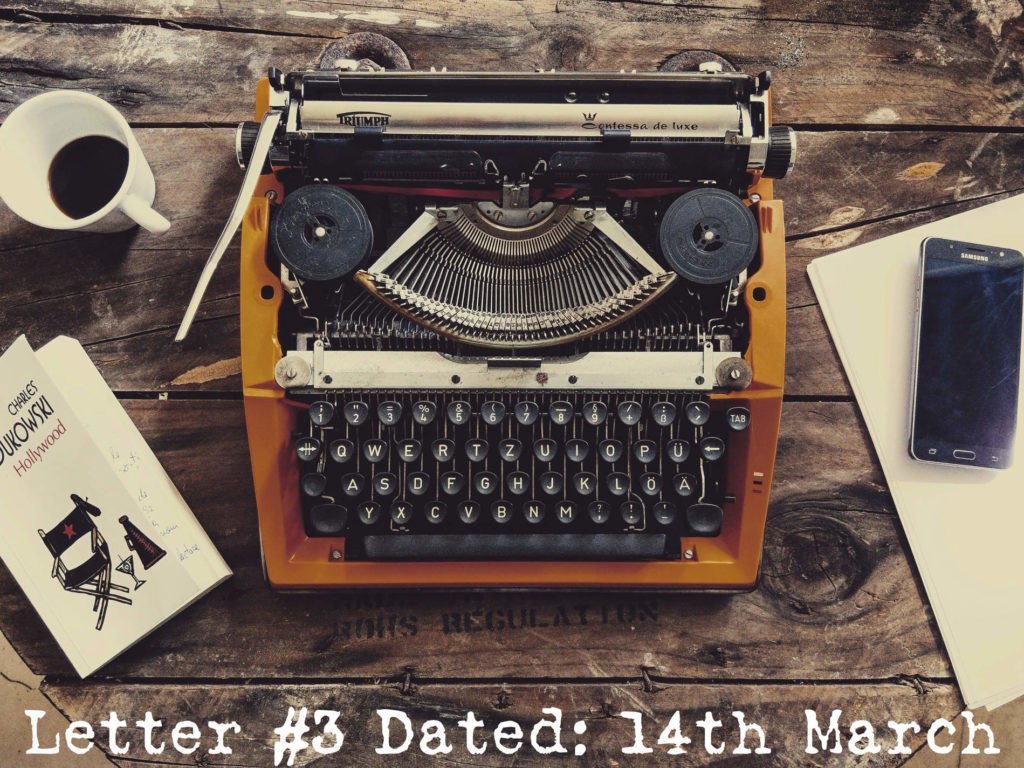I had just bought a turbo trainer and was having trouble fixing it.
A turbo trainer is a device that enables you to ride an outdoor bike, stationary, indoors. They clamp around the quick release skewer of a bike’s rear wheel suspending it in an A-frame.

I followed the manual step by step, but faced a challenge as I couldn’t do Step 7. That meant, I couldn’t move forward and fix the bike. I did what I always do when trying to fix things unsuccessfully, I called my brother.
He came in, looked at it and within minutes had fixed it. He just didn’t follow the manual, he improvised and skipped Step 7 altogether. It turns out that there was no need for it, as it involved replacing the skewer with the trainer’s own, but all you needed to do was clamp the device onto the existing skewer.
As always, I had looked at fixing the turbo trainer from a perfectionist’s point of view. I had to follow every step of the manual.
A few days later, I got back my writing assignment—a memoir that I’ve been working on for over a year— from my writing coach. It was marked up in so many places with comments, links to writing articles and line editing corrections.
I was completely overwhelmed. I spent an hour trying to go through everything and then gave up. I wrote back to her to say, I needed to postpone my deadline and I even thought of abandoning the whole project.

Again, I wanted to do everything that the writing coach had told me to do. It had to be flawless and my next draft had to encompass every comment and correction she made. However, this time around, I’d caught myself at my weakness of wanting to do everything perfectly the first time. As usual I was invulnerable.
I went through my draft again and made some changes. I chose only the comments that made sense to me. Then I went through it again and applied her other corrections. Finally, a third revision and I included some of the line edits. Most importantly, I recognised that my final draft would not be as perfect as what her comments wanted it to be. Not yet, anyway.
Being vulnerable and letting go of perfection helped me remove all the overwhelm that prevented me from making progress in revising my draft. I traced my unconscious actions and realized that to let go of perfection, I needed to do 3 things:
-
Taking Action
Procrastination and overthinking very often gets us stuck, and we end up going in circles. Planning is good, but it won’t get you anywhere unless you take that first step. Action can kill perfectionism immediately as you can turn a bad draft into a good one, but you can’t turn no draft into a good one.
It’s important to make your first steps small so that you can get wins under your belt that will then propel you to complete the goal you wanted to achieve.
-
Self-Compassion
Rather than ignore our pain or start criticizing ourselves, we need to be understanding with ourselves when we fail, suffer or feel unworthy. We must remind ourselves that this suffering is something that happens to everyone and not just “me” alone.
Most successful people feel inadequate when they fail and yet they see it for what it is, a passing phase and an opportunity to correct their mistakes. They very often cut themselves some slack rather than criticize themselves.
-
Surrender and Letting go of the fruits of our actions
Letting go is often easier said done but when we truly start practicing this principle, then we find ourselves enjoying the ride and not just the destination. We often allow numbers, results and opinions of others to dictate the goals we set and how we are going to achieve them.
Perfection is something we must avoid if we are to live an engaging life. It paralyses us, and we find ourselves afraid to make any move. We get comfortable with our surroundings and use the excuse of “when it’s perfect I’ll put out my work” to suppress the greatness that we can offer the world.
This idea of perfection is a myth, and the simple truth is that we are meant to be whole and not perfect. This includes both the joy of successes and the pain of failures. And the only way we learn and grow is through both differing experiences.
All great people have one thing in common; they are consistent in their actions producing work after work. They produce their work despite the same insecurities that we have. They know that out of many attempts, one will turn out to be great.
They have tossed this idea of perfectionism into the garbage, where it rightly belongs.





